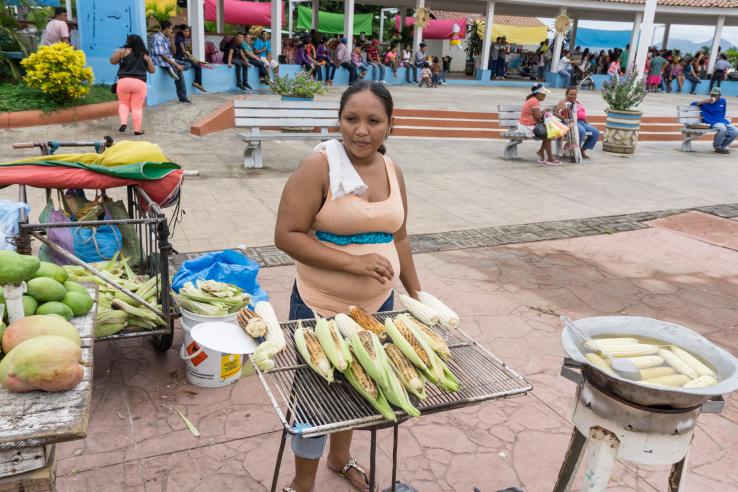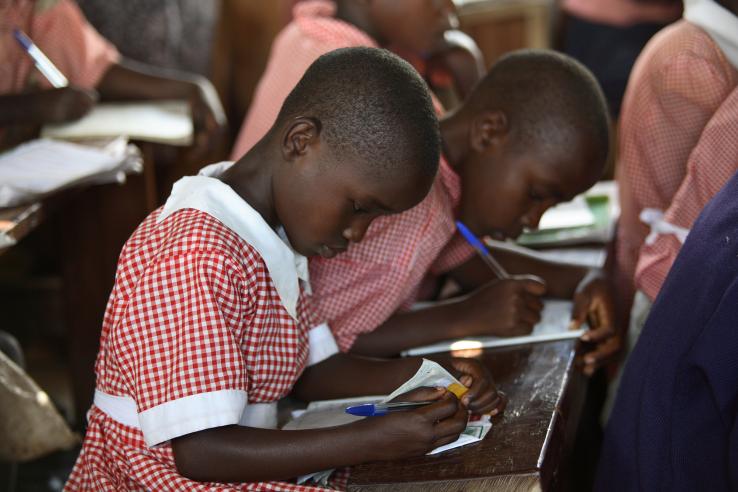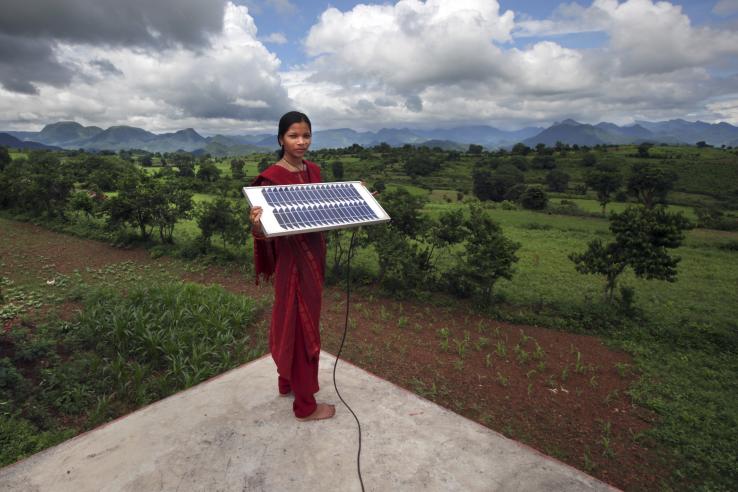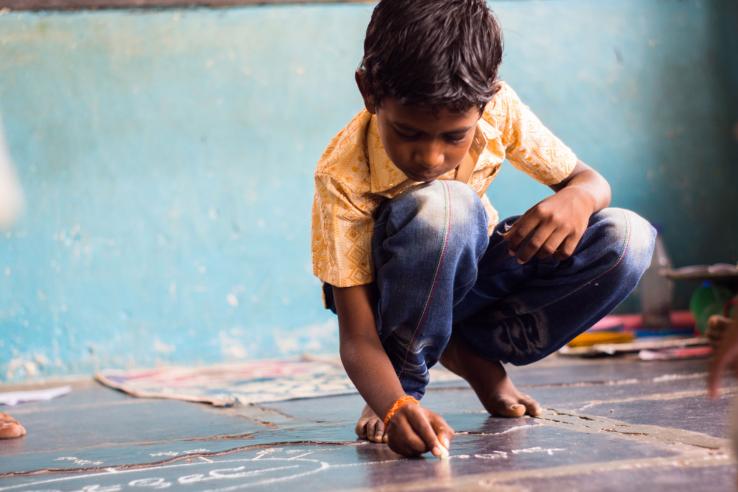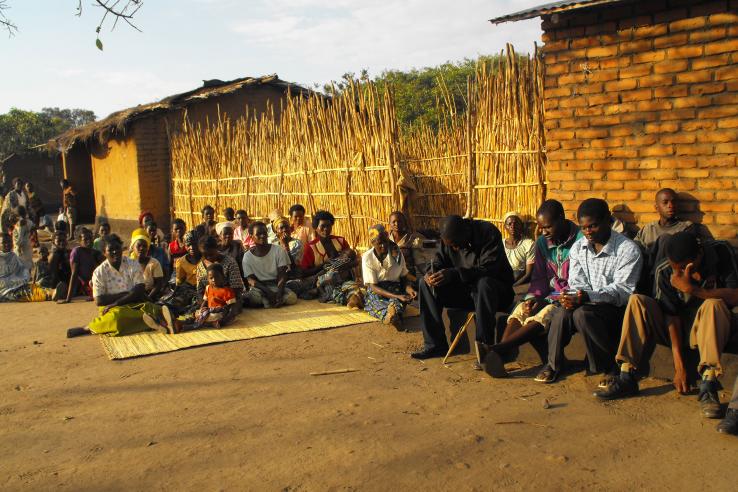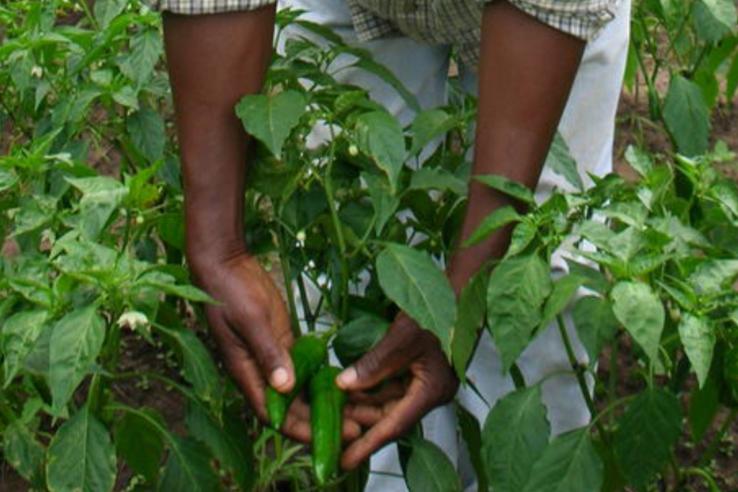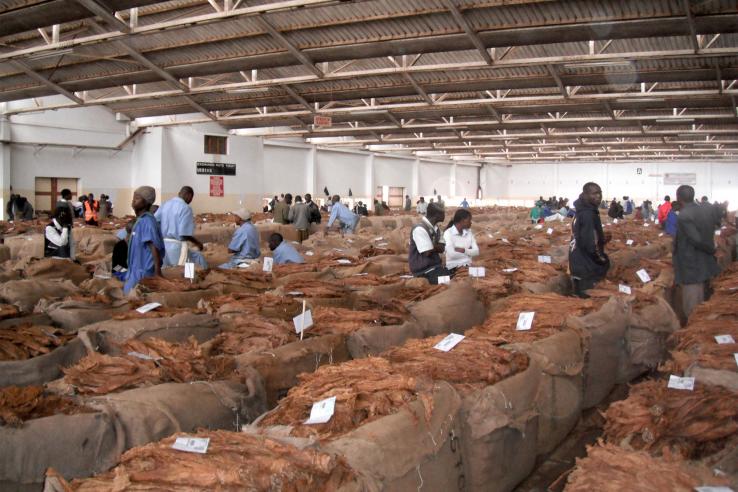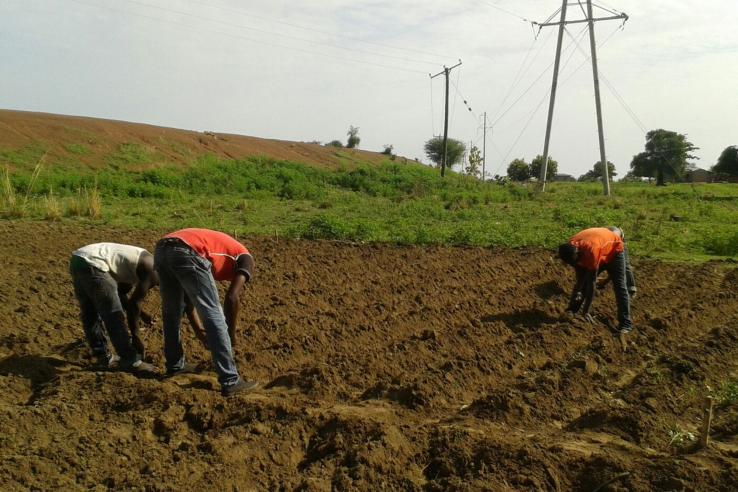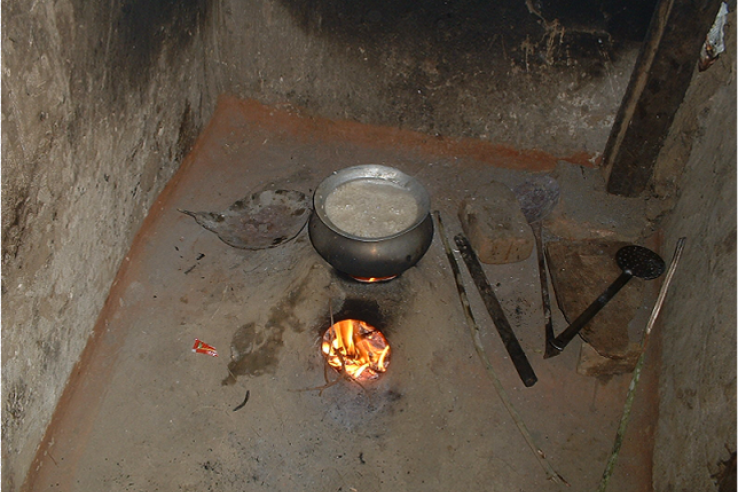Displaying 2101 - 2115 of 8331
Evaluation
Researchers introduced a convenient and hygienic sanitary product, reusable menstrual cups, to Nepalese girls in the seventh and eighth grades. Their evaluation addressed several questions: Is menstruation as large a barrier to education as many believe? Does switching to modern sanitary products increase attendance and school performance among girls?
Evaluation
This evaluation measured the determinants of insurance enrollment as well as the impacts of having insurance for informal sector workers by randomly varying the costs and convenience of signing up for a government health insurance program available to formal and informal sector workers in Nicaragua. Overall, take-up of the insurance and retention rates were low, and enrolling in the program did not provide an absolute cost savings for participants.
Evaluation
Approximately 85 percent of primary school age children in western Kenya are enrolled in school, but only about one-third of students finish primary school. This project was introduced in part to assist families of high-achieving girls to cover the cost of school fees, supplies, and activities.
Evaluation
Researchers evaluated the Malawi Diffusion and Ideational Change Project (MDICP), which sought to explore the demand for, and the impact of, learning one’s HIV status. While even very small incentives encouraged people to return for their HIV test results, rapid testing in the home had the greatest impact on program take-up. However, for most people, learning their HIV status did not substantially change long-term behavior.
Update
J-PAL Updates
Cambridge, MA—A $25 million gift will underpin a new initiative to combat both climate change and poverty through scalable, evidence-based policy solutions, the Abdul Latif Jameel Poverty Action Lab (J-PAL) at MIT and King Philanthropies announced today. The new King Climate Action Initiative (K-CAI...
Evaluation
Researchers evaluated the impact of the Balsakhi Program, a remedial tutoring education intervention implemented in schools in Vadodara and Mumbai, India, on student learning. The program significantly improved student test scores in both locations.
Evaluation
Researchers examined the level of racial discrimination in the United States labor market by randomly assigning identical résumés black-sounding or white-sounding names and observing the impact on requests for interviews from employers. Results found that résumés with white-sounding names received 50 percent more callbacks than those with black-sounding names, indicating that, all other things being equal, considerable racial discrimination exists in the American labor market.
Evaluation
Researchers randomly assigned voting precincts to a campaign spreading information on corruption and public expenditure one week before the 2009 municipal elections in Mexico. Providing incumbent corruption information not only decreased incumbent party support, but also decreased voter turnout and support for the challenger party, as well as eroded partisan attachments. While information clearly is necessary to improve accountability, corruption information is not sufficient because voters may respond to it by withdrawing from the political process.
Evaluation
In Malawi, researchers examined the effect of bundling rainfall index insurance with a credit program on farmers’ demand for credit. They found that bundling insurance with credit reduced the demand for credit, from 33 percent for credit alone to 17.6 percent for the bundled product.
Evaluation
Taking advantage of a federal anticorruption program that randomly assigned municipalities to be audited, the researchers compared the electoral outcomes for mayors in two randomly selected groups of municipalities: those that were audited before and those that were audited after the 2004 election. Publicly released corruption audits reduced reelection rates of corrupt incumbent municipal mayors.
Evaluation
In Malawi, researchers analyzed whether fingerprinting borrowers from a microfinance institution would have an effect on repayment rates. Using fingerprinting for loan enforcement increased repayment by 40 percent among Malawian farmers with the highest default risk.
Evaluation
Researchers analyzed the effect of reducing barriers to saving in rural Malawi on savings behavior, investment in agricultural inputs, and consumption. They found that farmers with access to formal savings accounts preserved greater amounts of savings throughout both the harvest and planting seasons.
Evaluation
In the Philippines, researchers tested several interventions designed to ease informational, job search, and documentation barriers to working overseas. They found that some interventions increased the number of participants who searched for work or acquired passports, but none led to increases in international migration.
Evaluation
Researchers partnered with the Ministry of Agriculture in Mozambique to assess the impact of both vouchers and savings programs on smallholder farmers’ use of agricultural technologies and household well-being. The temporary subsidy for technology adoption increased use of fertilizer and improved seeds, maize yields, and household consumption during and after the subsidized period.
Evaluation
In Bangladesh, researchers evaluated how varying husband-wife dynamics, information, and prices could affect purchases of widely available “improved” stoves, which substantially reduce indoor air pollution. They found that women have stronger preferences for improved stoves than their husbands, but lack the authority to make purchasing decisions. Their findings also suggest that marketing campaigns can prompt initial adoption of unfamiliar technologies like improved stoves, but are less effective in the long run as common experience with technologies grows.

